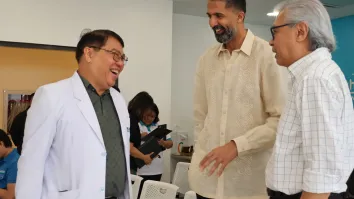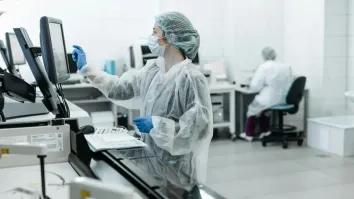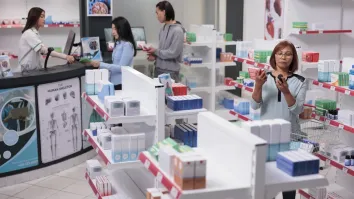Metaverse continues to expand with Asia’s healthcare
There is a focus on using metaverse in enhancing virtual consultations and training.
The shift from traditional in-person doctor visits to innovative digital solutions like telemedicine, virtual consultations, and robotic surgeries have opened new doors for patient care, allowing for remote diagnosis, treatment, and surgical procedures.
Elina Yu, the Country and Head of Life Sciences and Healthcare Business Unit in Asia Pacific at Tata Consultancy Services (TCS) Indonesia, said that the adoption of augmented reality (AR) and mixed reality (MR) technologies in operating rooms exemplifies this shift, although it also raises concerns regarding medical ethics, privacy, patient safety, and regulatory compliance.
“There are regulations to follow as well. That brings back some challenges on the technological transformation journey at this stage, like how to make sure it's safe for patients, how to keep patient data secure, and how to make systems all work together,” she explained.
Addressing these challenges requires a careful balance between technological transformation and patient protection. Ensuring the safety and security of patient data and integrating disparate systems while maintaining affordability are crucial concerns.
Despite these hurdles, Yu is optimistic about the potential of combining technologies such as AR, MR, IoT, robotics, cloud computing, and quantum computing to revolutionize healthcare.
She said that TCS has already made significant strides in utilizing metaverse technology to enhance healthcare outcomes. Through collaboration with Dassault Systèmes on the Living Heart Project, TCS has contributed to creating highly realistic digital simulations of the human heart.
This project reached new heights with the development of the first digital heart of a long-distance runner, showcasing the potential for digital twins in monitoring health and performance.
“These digital versions of organs are not just cool for athletics. For example, doctors, researchers and the surgeons can also use them to test out different treatments. And if they experiment with new drugs, they can practice surgeries without any real life risk,” she said.
She added that the bio-digital twin initiative exemplifies TCS's vision for the future of healthcare—a future where digital innovation enables replicable, high-quality care without physical intrusion or risk.
Furthermore, Yu emphasizes TCS's commitment to harnessing artificial intelligence (AI) to serve the life sciences and healthcare sectors. With over 150,000 employees trained in AI basics and 25,000 certified AI professionals, TCS is poised to explore and implement AI-driven solutions across various applications.



















 Advertise
Advertise






